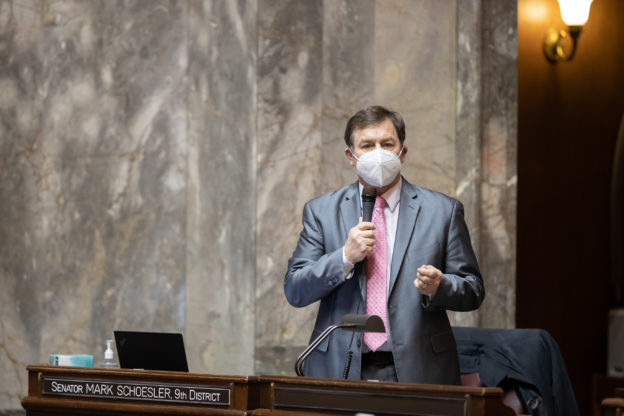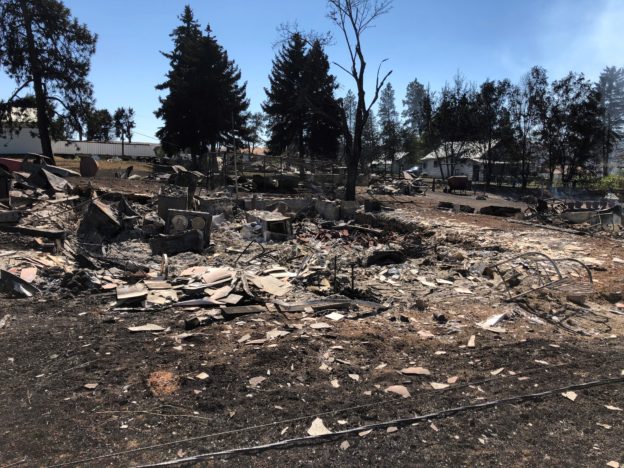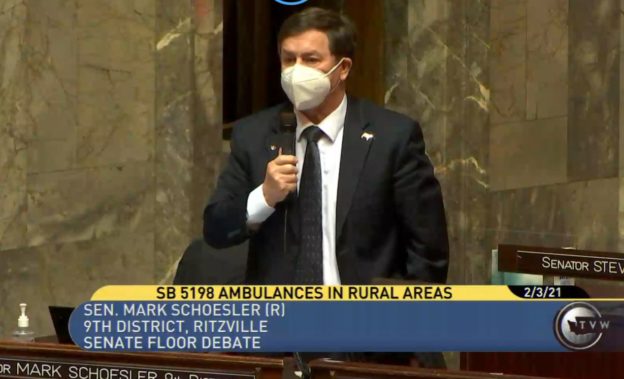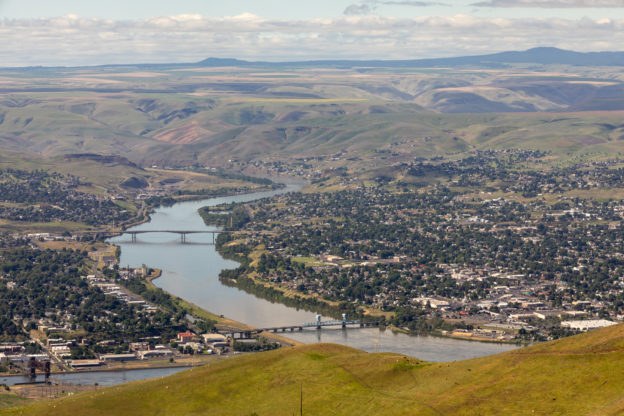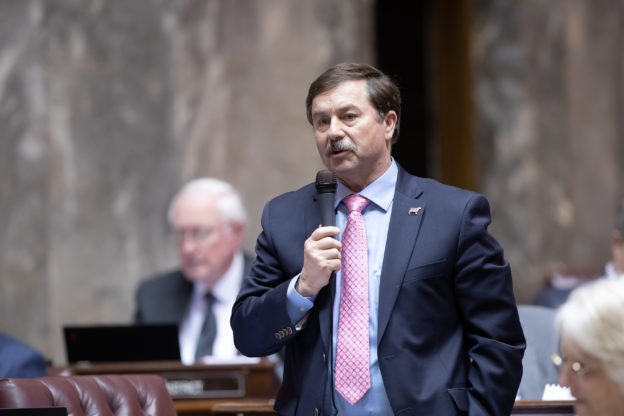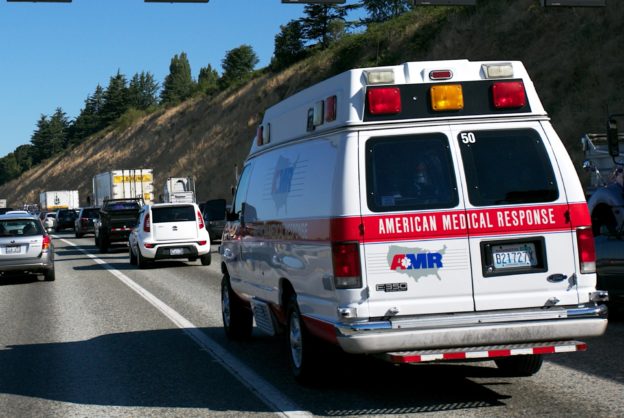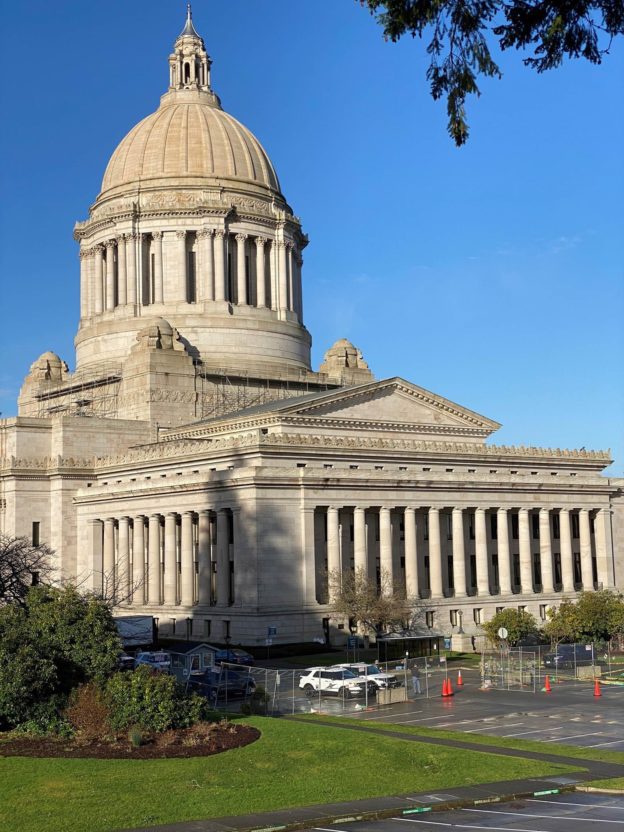On the heels of Tuesday’s announcement that all of Idaho is moving to Phase 3 of its COVID-19 recovery plan, 9th Legislative District Sen. Mark Schoesler says it is time for neighboring Asotin County and other counties to move into Phase 2 of Washington’s recovery plan.
Gov. Jay Inslee’s Healthy Washington plan, unveiled last month, divided the state into eight regions. Asotin County is in the East region with Adams, Ferry, Garfield, Lincoln, Pend Oreille, Spokane, Stevens and Whitman counties.
“I agree with the Asotin County commissioners that it’s ridiculous to include their county in the same region as Spokane County,” said Schoesler, R-Ritzville. “If Asotin County was moved out of the East region under the governor’s latest recovery plan, the county could move into Phase 2, which would be so much better for its people economically.”
Schoesler says Inslee and his state Department of Health officials should view Clarkston and Asotin County more in connection with Lewiston and Nez Perce County instead of distant Spokane County.
“Clarkston and Lewiston are separated only by the Snake River, so you’d think Asotin County would be in the same COVID-19 recovery phase as Lewiston. Unfortunately, our governor doesn’t see it that way,” said Schoesler, who added that Whitman County, which also borders Idaho, is in a similar economic disadvantage by being frozen in Phase 1 while Idaho moves forward with its Phase 3.
Schoesler agrees with Asotin County Public Health Administrator Brady Woodbury’s assertion that most of the smaller counties in the Eastern region are on the verge of meeting the standards that would allow them to move to Phase 2.
“The current plan being used by Governor Inslee and the state Department of Health is unfair to the rural counties in eastern Washington,” said Schoesler. “Asotin County’s fate for reopening and seeing some of the COVID-19 restrictions lifted should not be tied to a very populated Spokane County that is almost 100 miles away. Lumping Asotin County together with Spokane County is just a terrible and inflexible decision by the governor and his public health minions.”
Under Inslee’s plan, a region originally had to meet four public-health metrics in order to relax some restrictions. No region, however, has met those four benchmarks. Under new requirements, regions must meet only three of the four metrics to move to the second, less-restrictive phase.
As a result of that change, the three counties – King, Pierce and Snohomish – in the Puget Sound region this week advanced to Phase 2. The four counties in the West region, which includes Grays Harbor, Lewis, Pacific and Thurston, also moved to Phase 2. It means, for example, that restaurants and fitness centers can allow people indoors at 25% capacity, and social/home gatherings of up to five people from up to two households are allowed.
Last week the state Senate’s majority Democrats blocked two requests from Republicans for a vote on Senate Bill 5114, a bipartisan measure Schoesler is co-sponsoring that would move all of Washington into Phase 2.
Schoesler and 9th Legislative District Reps. Joe Schmick and Mary Dye received an email Tuesday from Asotin County Commissioner Chuck Whitman, who called it “unacceptable” that his county is being put at an economic disadvantage as Idaho advances to Phase 3 of its plan.
Whitman asked the legislators to help move Asotin County to Phase 2 or at least allow the county to be an exception to the regional approach in Inslee’s latest reopening plan.
“As a border town with Idaho, separated by a bridge, the impact on this growing divide and economic inequality may be fatal for many small businesses in Asotin County,” Whitman wrote.











